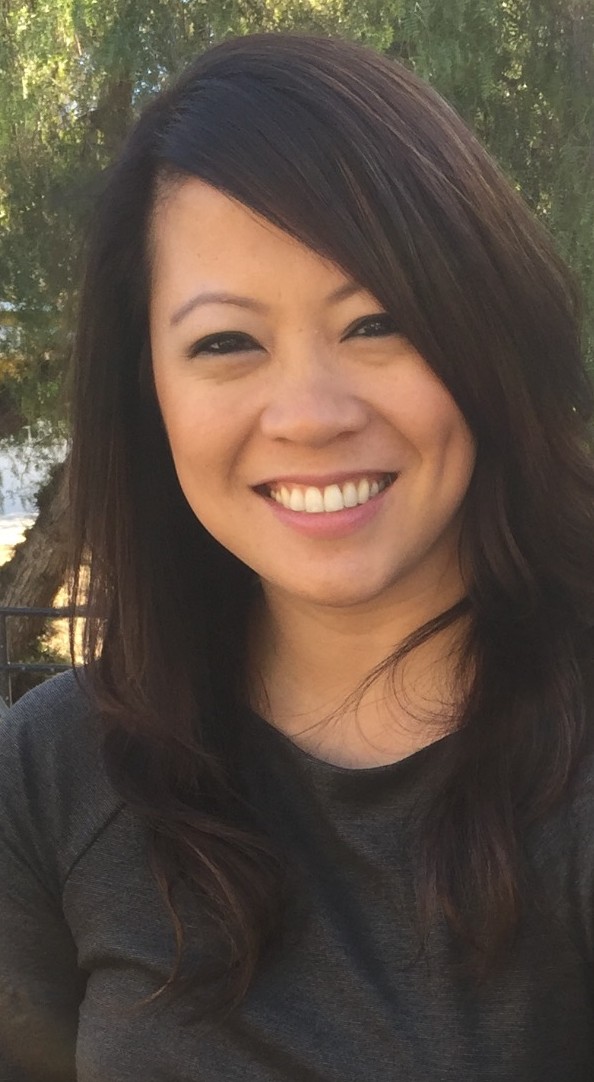 Dr. Jaclyn Ronquillo started her path to a career in Psychology at Cerritos Community College. Unsure of her own personal academic goals, she started as a biology major with the intention of pursuing medical school to fulfill her family’s dream of having a doctor in the family. Theseplans took a sharp turn after she took her first Psychology course at Cerritos College; though she was conflicted at failing her family’s expectations, she became so passionate about Psychology that she changed her major and continued to immerse herself in the field as she transferred to the
Dr. Jaclyn Ronquillo started her path to a career in Psychology at Cerritos Community College. Unsure of her own personal academic goals, she started as a biology major with the intention of pursuing medical school to fulfill her family’s dream of having a doctor in the family. Theseplans took a sharp turn after she took her first Psychology course at Cerritos College; though she was conflicted at failing her family’s expectations, she became so passionate about Psychology that she changed her major and continued to immerse herself in the field as she transferred to the
University of California, Los Angeles to complete her Bachelor’s Degree in Psychology. In graduate school at the University of Southern California (USC), she often pondered what her contribution to field of Psychology was going to be; while she was excited by her line of research examining the neural mechanisms underlying implicit biases, she also developed a passion for the scholarship of teaching and learning. At USC, she was selected as a Teaching Assistant Fellow, a program for graduate students aimed at developing and sharing best practices in pedagogy. She also secured her first part-time teaching position in 2007 at California State University, Long Beach, teaching Critical Thinking, Personality, and Intermediate Statistics. Although she loved doing research, these early teaching experiences solidified her decision to pursue a teaching career, and after completing her doctorate in Social Psychology from USC in 2010 she began teaching full-time at Cerritos College.
According to her, teaching at a community college is rewarding for various reasons. One of those rewards is the ability to conduct research with students. Currently, she is exploring the relationship between mindset and math anxiety, as she finds many students who enroll in her statistics classes often start off fearful, but are able to overcome this by changing the way they view their own abilities. “There was something about taking statistics at a community college that really changed my attitude towards math; and, I found after this shift in perception I actually enjoyed statistics so much that I pursued many quantitative courses in my graduate program. This, I owe, to the community college experience.” By understanding the factors involved in this attitudinal shift, she can implement evidence-based teaching strategies in the classroom that will facilitate students’ learning of statistics without the hindrance of math anxiety. Many of her students examining this line of research have presented their work at conferences, such as the National Council of Undergraduate Research and the Western Psychological Association. The most rewarding aspect of teaching at a community college is mentoring students, whether it is as the co-Advisor of Psychology Club and Psi Beta, as a research supervisor to Directed Studies students, or as an instructor in Psychology Classes. “Having been a community college student myself, it is such a honor to be able to give back to where I started on my educational
journey.”

